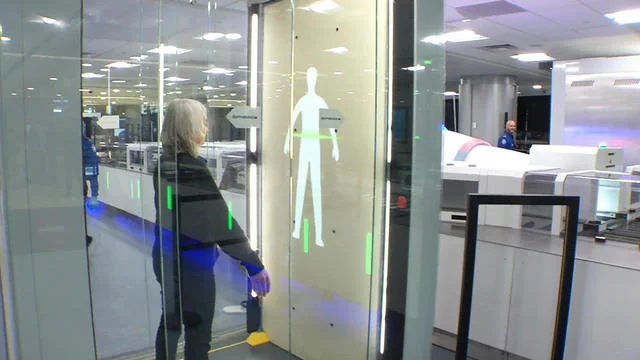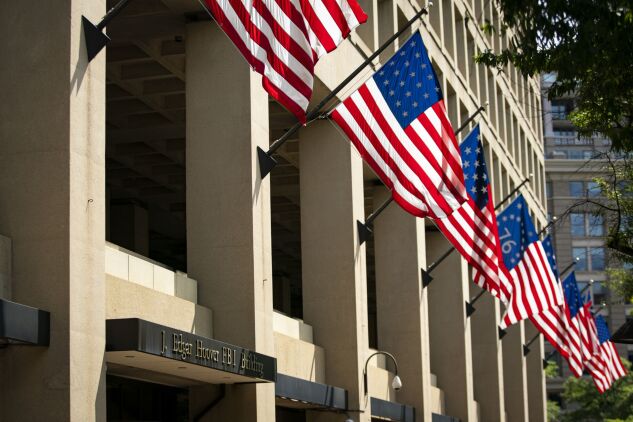Surveillance of Political Opponents Escalates
The alarming revelation that the Secret Service tracked former FBI Director James Comey raises troubling questions about the boundaries of governmental power and the protection of political dissenters in America. As reported by The New York Times, Comey was followed by law enforcement authorities shortly after he posted a seemingly innocuous social media image. The photo, featuring seashells arranged in a pattern that critics interpreted as a call to action against President Trump, has ignited a firestorm of accusations, particularly from Trump’s supporters, who have suggested that Comey’s post was a veiled assassination threat.
Political Climate Fuels Fear of Repression
Comey"s situation exemplifies a broader trend in the political landscape where dissent is increasingly met with surveillance and intimidation. The implications of this surveillance extend beyond Comey himself, harkening back to the dark days of McCarthyism when opposing voices were silenced through fear tactics. According to experts on civil rights, such actions by government entities not only threaten individual freedoms but also undermine the very foundations of democracy. The chilling effect of state surveillance can deter citizens from exercising their right to free speech, particularly in a highly polarized environment.

TSA testing new self-service screening technology at Las ...
Trump"s Rhetoric Fuels Hostility
The backlash against Comey stemmed from a strategic narrative pushed by Trump and his allies, with Donald Trump Jr. accusing Comey of "calling for my dad to be murdered." This incendiary language from political leaders serves to galvanize supporters while simultaneously creating a hostile atmosphere for anyone perceived as an adversary. As described by the U.S. Government Accountability Office, the Secret Service is tasked with protecting the president, but their operations have increasingly blurred the lines between protection and political intimidation.
Impacts on Civil Rights and Democratic Governance
The use of surveillance against political figures raises crucial questions about civil liberties, particularly for those who challenge the status quo. The implications of this incident are substantial; it reflects a growing trend of using state resources to monitor dissenting voices. This is particularly concerning given the ongoing struggles for civil rights and social justice in the United States. The fear of retribution from the government can lead to self-censorship among activists and ordinary citizens alike, thereby stifling democratic engagement.

FBI HQ Move to Maryland Ends Contentious Site Process (1)
Conclusion on Surveillance and Political Dissent
As the political climate becomes more polarized, the potential misuse of surveillance by government agencies poses a significant threat to democratic principles. The Comey surveillance case is not merely an isolated incident; it represents a systemic issue where dissent is increasingly criminalized. The urgency for reforms that protect civil liberties and ensure accountability for governmental actions is paramount. If we do not safeguard our rights to speak out against power, we risk slipping further into a state where political dissent is equated with treason.



![[Video] Gunfire between Iraqi security forces and Sadr militias in Baghdad](/_next/image?url=%2Fapi%2Fimage%2Fthumbnails%2Fthumbnail-1768343508874-4redb-thumbnail.jpg&w=3840&q=75)
